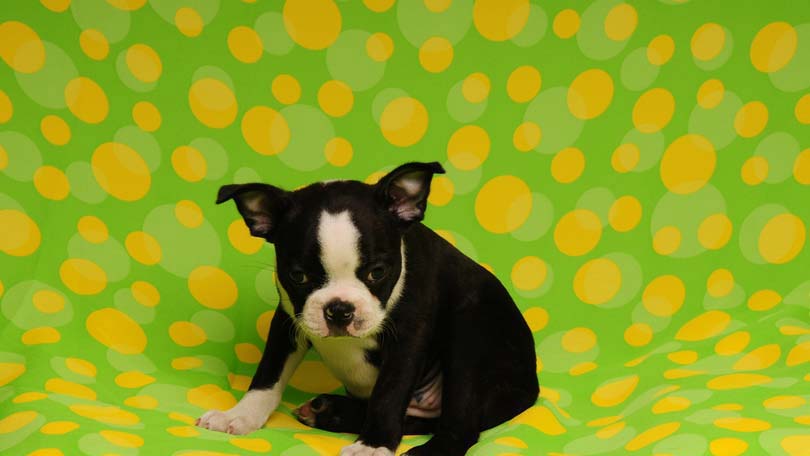
That adorable new puppy just chewed a not-so-adorable hole in your sofa. Maybe you’re down to just one pair of shoes that haven’t been destroyed by that furry little bundle of joy. Or perhaps you feel you’ve cleaned up enough puppy poop to last a lifetime. Whatever your training dilemma is, applying proper discipline is key to stopping the unwanted behavior.
Many experts offer many different, and conflicting ideas. It’s often difficult to decide which method of discipline is best. There are, however, a few general guidelines to keep in mind when disciplining your new best friend.
Some Methods Instill Fear in Puppies
Hitting or shaking your puppy is not a good idea. While it may stop the unwanted behavior, it will also teach your puppy to be afraid of people. In addition to causing your puppy to avoid you, it can teach your puppy to be aggressive towards humans in general
If you hit your puppy, then later reach out to pet him, all he will know is the fear of that hand coming towards him. Instead, choose a method of discipline that uses rewards for proper behavior and discourages unwanted behavior by startling the puppy with a loud noise, such as shaking a can full of pennies.
Caught in the Act
If you walk up on a mess made by your puppy, and your puppy is not in sight, then this is not the time to try and teach your puppy a lesson. Unless you can correct the unwanted behavior AS IT IS TAKING PLACE then your efforts will be in vain.
If you drag your puppy over to a mess he made earlier, and tell him NO, he will likely not understand what he did wrong.
Instead reserve discipline for when you catch him in the act. Keep some type of noisemaker handy. Pet stores and online pet supply sites sell special whistles that can be used for this purpose. Just as effective is the aforementioned can of pennies, a shrill whistle or simply a loud NO from the owner.
The noise should startle the puppy enough that he stops the behavior. Then, after he has been distracted, redirect the puppies attention to a more acceptable behavior.
Accentuate the Positive
Enforcing the behavior you want is just as important as discouraging behavior you don’t want. When drawing your puppy away from unacceptable behavior and pointing them toward acceptable behavior, reward your puppy when he acts appropriately. When you happen upon him mauling his chew toy instead of your favorite chair, reward him verbally and, perhaps, with a treat.
By reinforcing the behavior you want, you are providing one more reason for your dog to behave appropriately.
Prevention is the Best Medicine
It is more difficult for your puppy to misbehave if he is not left alone in tempting situations. Until your puppy has learned what is acceptable, supervision is key. Keep an eye on your puppy when he is roaming free through the house. Work on crate training, so that when you are away, your pet has a safe place to rest while he waits for your return. This not only provides limits for your pooch, it also protects your belongings!
Another reason that supervision is important was discussed earlier: For discipline to be effective, the puppy must be caught in the act of misbehaving.
What will work depends a lot on the personality of your puppy. Some methods that work well for one puppy will not work so well for another. Just keep trying different methods until you find one that works for you.
